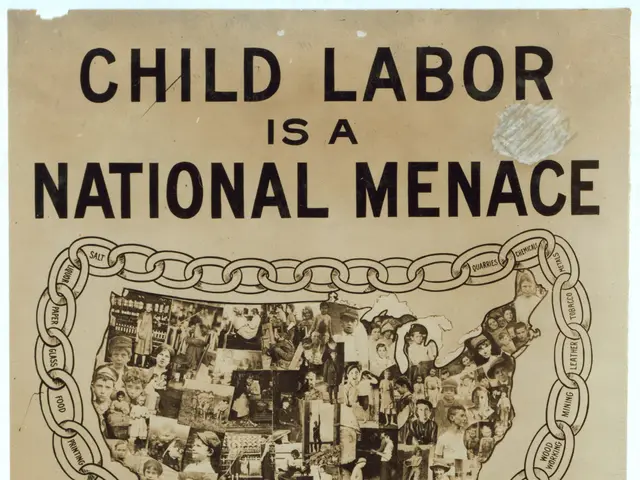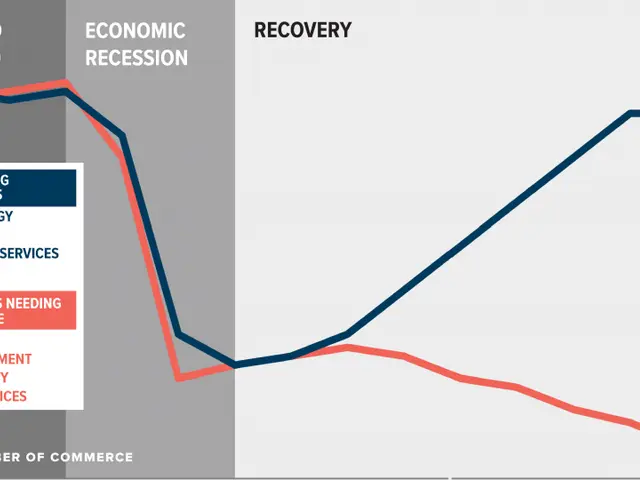Mourning the Departure of a Mother: Strategies for Daughters to Deal with Grief
Losing a mother is a profound and life-changing event that can have far-reaching effects on a woman's emotional wellbeing. According to various studies, the most common psychological effects on women who have lost their mothers include symptoms of grief, depression, anxiety, and long-term emotional distress. These women often experience lasting impacts on their mental health and may develop difficulties in emotional regulation and social relationships.
The loss can mean more than just the absence of a loved one. It can mean losing an important part of your support system, feeling regret for lost family traditions and cultural knowledge, and wondering how successfully you're fulfilling your own role as a mother.
During this challenging time, seeking support is essential. Local support groups, online chat forums, and mental health professionals can provide assistance during the grieving process. The American Psychological Association's Psychologist Locator can help find a mental health professional specializing in grief recovery.
Parental loss is linked with depression and a compromised sense of self in young adults, according to a 2021 study. Women, in particular, may have a more intense grief response and more difficulty adjusting to the loss, as suggested by a 2015 study.
Grief that impairs daily functioning or persists for longer than a year may require the support of a mental health professional. If you find that your grief is persistent and overwhelming, speaking with a professional may be helpful. It's important to remember that the effects of grief after the loss of a mother are different for everyone, and seeking help when needed is a sign of strength, not weakness.
Grief is linked to increased chances of cancer, cardiac issues, immune disorders, and high blood pressure, according to a study. Taking care of your physical health is crucial during this time, so it's essential to maintain a balanced diet, regular exercise, and adequate sleep.
Offering support to others who have experienced parental loss can provide a sense of purpose during the grieving process. If extreme grief is overwhelming and leads to thoughts of self-harm or suicide, help is available right now through the 988 Suicide and Crisis Lifeline, Crisis Text Line, or Befrienders Worldwide.
Daughters who lose their mother may experience grief differently than sons and may need additional support. Mindfulness, the ability to focus on the moment, can help manage painful memories related to the loss of a mother. Keeping up with traditions and starting new ones may help ease the burden of loss. Honoring a mother's memory can take many forms, such as donating to her favourite charity or pursuing a goal she wanted for you. Focusing on happy reminders such as pictures, books, or keepsakes can provide comfort during the grieving process.
Books like "Healing After the Loss of Your Mother: A Grief & Comfort Manual", "Motherless Daughters: The Legacy of Loss", and "How to Survive the Loss of a Parent: A Guide for Adults" may provide helpful resources during the grieving process.
Maternal support can come from various figures in one's life, not just blood relatives. It's essential to lean on those who care about you during this time. Remember, it's okay to ask for help and to take the time you need to heal.
In conclusion, losing a mother is a significant loss that can have lasting effects on a woman's mental and physical health. However, with the right support, it's possible to navigate through the grieving process and find a path to healing.








